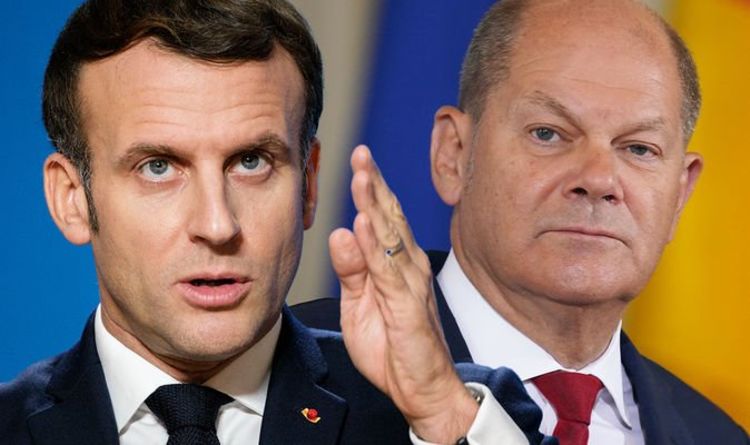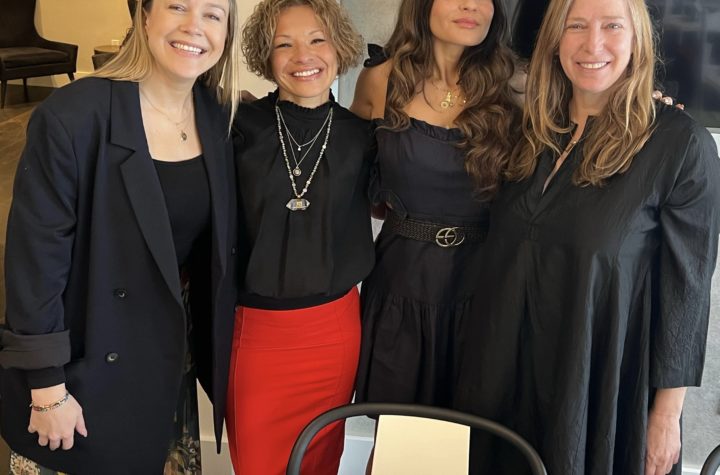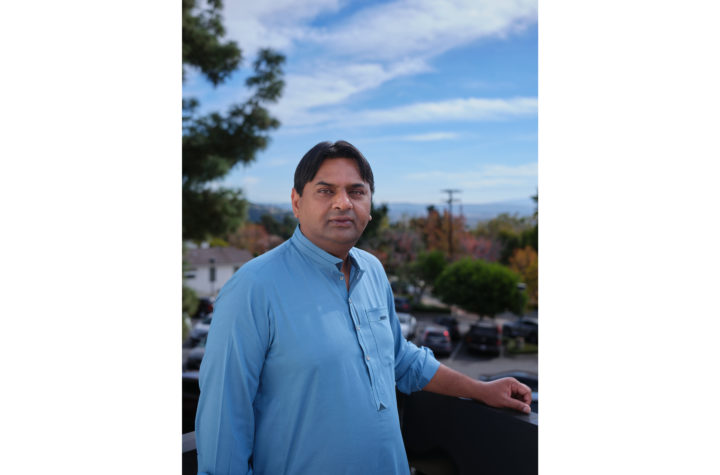

Mr Scholz took over from EU heavyweight Ms Merkel at the start of December, sworn in to replace the leader who had lasted a record 16 years in power. Mr Scholz leads the centre-left Social Democrats in a coalition with the Greens and Free Democrats.
He has already made a bid to strengthen relations with Mr Macron, with his trip to Paris in the second week of December the first out-of-state visit he made after taking up the chancellery.
Professor Iain Begg of the London School of Economics and Political Science said that Mr Scholz’s objectives with the block will be “about achieving the long-term European ambition”, but that there could be some friction from other member states if France and Germany try to lead the bloc unilaterally.
He told Express.co.uk there would be “pushback on this from countries like the Netherlands, or Sweden.”
He said that these nations “have been uneasy sometimes about initiatives coming from Paris and Berlin”.
He said: “It’s a union of 27, not a union of two.
“So they’re not always going to accept what they want.”
Professor Begg made the caveat, however, that “the weight of their power, and the fact that Italy is now aligning quite closely with what Macron wants, I think does create a new momentum that wasn’t there maybe two years ago.”
Professor Begg predicted that the newly instated Mr Scholz will prioritise EU goals and closer ties with Emmanuel Macron.
READ MORE: ‘Petty in the extreme’ Brexiteer fury as Brits hit by new EU rules
Just days after Mr Scholz was sworn in as German Chancellor, he travelled to Paris to meet Mr Macron for the first time as two leaders of powerful EU states.
Mr Macron praised a “convergence of views” with Mr Scholz, even calling the new Chancellor “dear Olaf” in what looked to be the start of a close relationship between the two nations.
Mr Macron lauded “a desire to have our countries work together, and a firm and determined belief in Europe, which I knew already, which we will need in the months and years ahead”.
Addressing Mr Scholz at a press conference, Mr Macron said: “During the last four years I have worked with Angela Merkel on all these subjects.
“I know that we will continue together, dear Olaf, this close collaboration”.
Mr Scholz told the media that Germany was committed, as was France, to Europe’s “strategic sovereignty” and collaboration on issues facing the bloc.
Mr Macron had previously asserted France’s ambition for a “Europe that is powerful in the world”, working on the bloc’s influence during France’s stint as president of the Council next year.
Commitment to the EU is something that the new ruling government, dubbed the “traffic light coalition” for the colours of the participating parties, have been clear to emphasise as they move on from Merkel’s reign.





More Stories
Naveed Warsi: a Pakistani Hero of Interfaith Dialogues
Spectacular event in Belgrade: Željko Mitrović made the Serbian-American Friendship Convoy born!
Saudi Green Stable Owner, Fahd Al-Sayari, Gains International Recognition After Stunning Horse Racing Victory